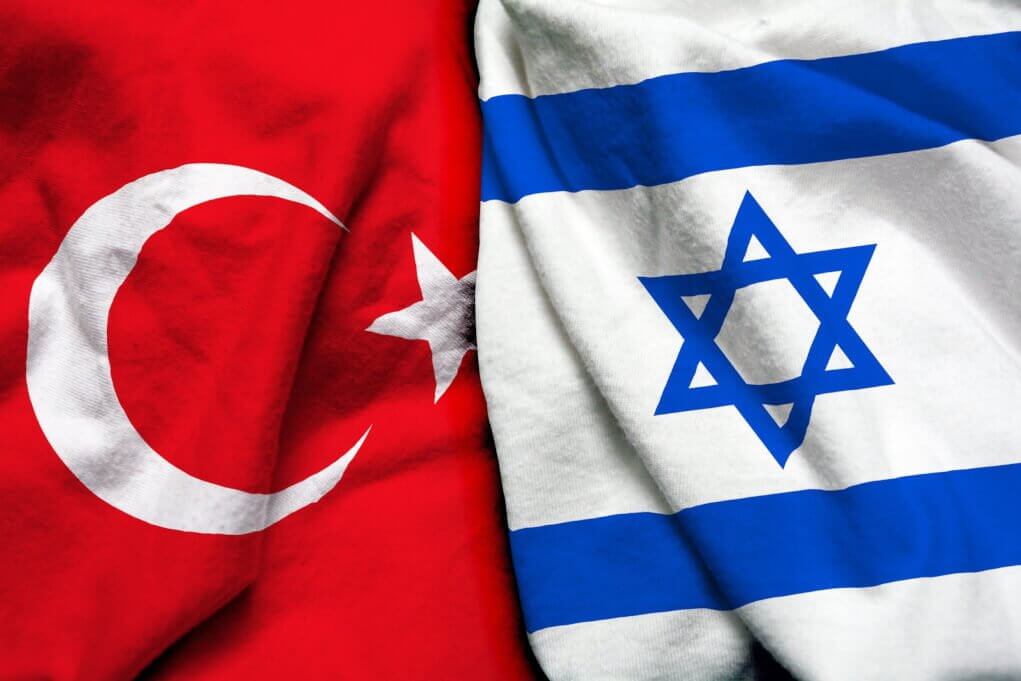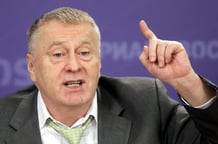The presidency encouraged Joe Biden to search for new strategic alliances in various regions of the world. One of the most prominent changes that occurred recently in the context of new alliances is the shift in relations between Turkey and Israel, after the two countries witnessed deep differences for more than a decade.
Both sides indicated mutual flexibility. The Israeli newspaper “Hume” recently reported, citing a “senior Turkish official,” that “Turkey informed Israel on Monday 29 March that it was ready to send an ambassador to Tel Aviv as soon as the Israeli government committed to reciprocating at the same time.”
The other signs of normalization that have emerged between the two sides since December deserve analysis and study. Perhaps remembering what happened between the two countries is useful for contemplating the essence of the conflict.
Davos Crisis
Perhaps the most striking witness is that then Prime Minister Recep Tayyip Erdogan made a “one-minute” statement at the Davos summit in 2009. That was the moment that shook Turkish-Israeli relations for the first time when Erdogan responded harshly to former President Shimon Peres in front of the cameras and announced his boycott To Davos, he assured that he would not come to it again and had already fulfilled his word.
In 2010, the “Mavi Marmara” crisis erupted when Israeli security forces killed 9 Turkish civilian activists who were on board the ship bound for Palestine. Turkey withdrew its ambassador from Israel after it described this act as “state terrorism” and reduced its diplomatic relations with Israel.
In June 2016, the two countries reached an agreement again and by the end of the year, the newly appointed ambassadors had assumed their posts in both Ankara and Tel Aviv.
But Turkey withdrew its ambassador from Tel Aviv in December 2017 when 52 Palestinians were killed in protests organized by the Palestinian people in response to US President Donald Trump’s decision to recognize Jerusalem as the capital of Israel, where the US embassy was opened in May 2018.
Israel, in turn, summoned its envoy to Ankara, and the Israeli ambassador’s term in Turkey expired at a later time. Since then, the two countries have maintained their relations with the Chargé d’Affairs at the two embassies.
Last December, Erdogan stated, as published in Turkish Daily Sabah , “We would like to bring our (Israel-Turkey) ties to a better point,” adding that the two countries are already cooperating in the field of intelligence.
Israel also appointed Irit Lillian to the position of Chargé d’Affairs at the Ankara embassy in February, in what it considered the site of
Israeli “I24 News,” wrote an important message from the Israeli Ministry of Foreign Affairs to Erdogan, “Lillian” is an expert in Turkish affairs.
The news site said, “The appointment of such an experienced figure is a reflection of Tel Aviv’s desire to restore the old warmth with Ankara.”
Based on this chronology of events, it can be said that there is currently no “conflict of interest” between Turkey and Israel. Rather, the sources of the crisis fall within periodic reactions and counter stances, and the allegations and allegations that resemble those of Ankara’s support for the Muslim Brotherhood are among the issues that can be resolved smoothly.
In addition, recent developments such as the alliances established to share natural resources in the eastern Mediterranean would make preserving bilateral relations based on rational grounds not only possible but also necessary. Israeli Prime Minister Benjamin Netanyahu’s emphasis on the importance of talks with Turkey regarding gas reserves in the eastern Mediterranean is another indication of the strengthening of diplomatic relations between the two countries.
Finally, Turkey is determined to win the Eastern Mediterranean policy. And the populist rhetoric that was directed against Turkey has dissipated in Israel. The normalization of relations between the two countries more quickly than expected and reaching a point of cooperation, will not be surprising to anyone.














